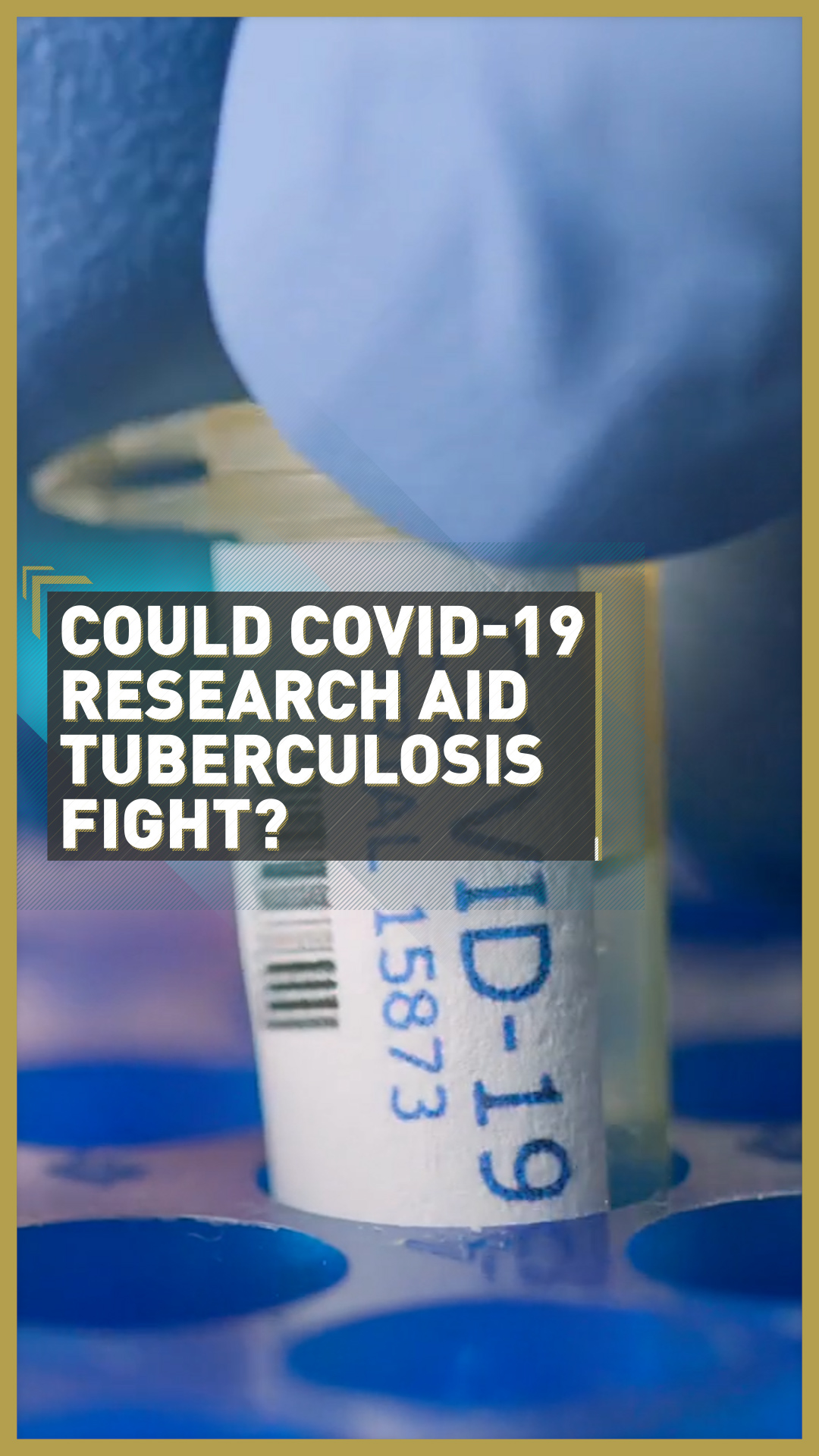02:20

World leaders have set an ambitious target of ending the global tuberculosis (TB) epidemic by 2030 and that effort could be boosted by the COVID-19 pandemic.
According to a report by the World Health Organization published this month, an estimated 10 million people fell ill with TB in 2019, though that number continues to fall each year.
Funding towards the fight against COVID-19 has seen vast amounts of money put towards overlapping research and technology that could also help countries to eliminate TB.

Grania Brigden, director of the TB department for The Union, told CGTN: "I think COVID-19 and the research into digital technology such as contact-tracing apps, digital chest x-rays, artificial intelligence, these are all tools that we had started to do research into to see how they could help in the TB care.
"So, the added attention and the investment that COVID-19 has brought to these technologies, I hope will really bring us advancements in TB and other lung health issues and also increase the availability of these tools globally."
Brigden said countries could also learn how to limit the financial impact of the pandemic thanks to TB research into the impact of infectious diseases on economies worldwide.
She added: "I think it's very clear that we're seeing now that an infectious disease affecting the lungs, can have a dramatic impact on the economy.
A recent study outlined the economic and human cost of not ending TB by the targets outlined by the UN could cost $3 trillion
- Grania Brigden, The Union
"A recent study outlined the economic and human cost of not ending TB by the targets outlined by the UN could cost in the order of $3 trillion. So I think these are areas where the COVID and TB research overlaps."
However, health experts also want to see a portion of the money put towards the fight against COVID-19 funneled towards research into other serious diseases.
Brigden said: "I think we need to be looking at how the COVID-19 resources and funding can be invested in the health system in general, so that by strengthening the COVID response, we're also strengthening the TB response, the HIV response, the malaria response."